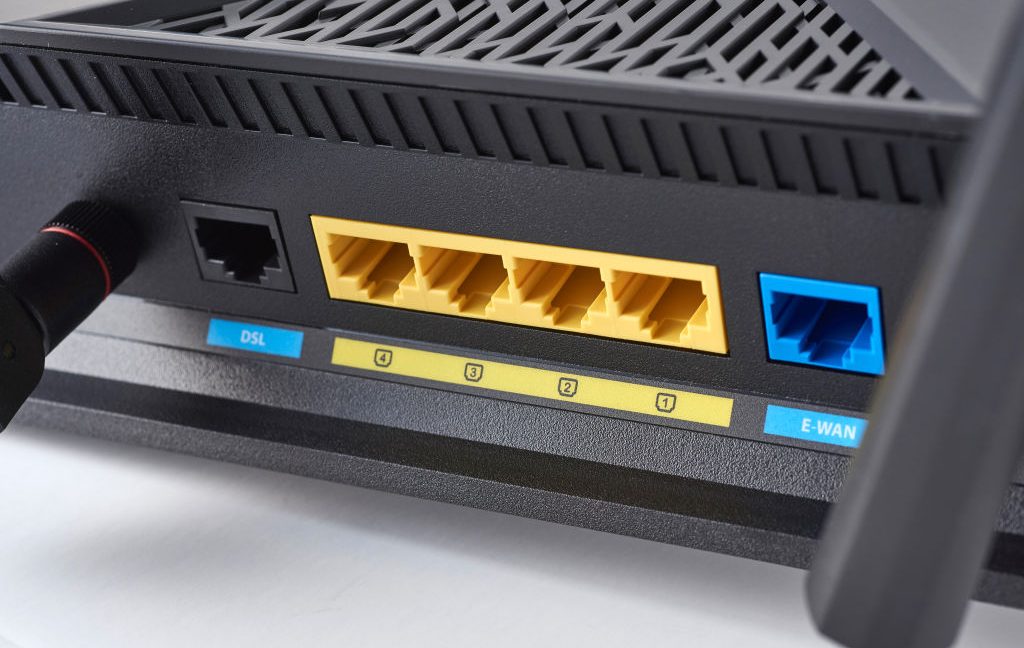- cross-posted to:
- [email protected]
- cross-posted to:
- [email protected]
cross-posted from: https://rss.ponder.cat/post/193175
Thousands of home and small office routers manufactured by Asus are being infected with a stealthy backdoor that can survive reboots and firmware updates in an attack by a nation-state or another well-resourced threat actor, researchers said.
The unknown attackers gain access to the devices by exploiting now-patched vulnerabilities, some of which have never been tracked through the internationally recognized CVE system. After gaining unauthorized administrative control of the devices, the threat actor installs a public encryption key for access to the device through SSH. From then on, anyone with the private key can automatically log in to the device with administrative system rights.
Durable control
“The attacker’s access survives both reboots and firmware updates, giving them durable control over affected devices,” researchers from security firm GreyNoise reported Wednesday. “The attacker maintains long-term access without dropping malware or leaving obvious traces by chaining authentication bypasses, exploiting a known vulnerability, and abusing legitimate configuration features.”
From Ars Technica - All content via this RSS feed



The technical analysis of that source pt 3:
spoiler
This produces a list of allowed characters to get past this gate:
Dec Hex Char Dec Hex Char Dec Hex Char 0 0x00 9 0x09 10 0x0A 11 0x0B 12 0x0C 13 0x0D 32 0x20 43 0x2B + 45 0x2D - 46 0x2E . 47 0x2F / 48 0x30 0 49 0x31 1 50 0x32 2 51 0x33 3 52 0x34 4 53 0x35 5 54 0x36 6 55 0x37 7 56 0x38 8 57 0x39 9 65 0x41 A 66 0x42 B 67 0x43 C 68 0x44 D 69 0x45 E 70 0x46 F 71 0x47 G 72 0x48 H 73 0x49 I 74 0x4A J 75 0x4B K 76 0x4C L 77 0x4D M 78 0x4E N 79 0x4F O 80 0x50 P 81 0x51 Q 82 0x52 R 83 0x53 S 84 0x54 T 85 0x55 U 86 0x56 V 87 0x57 W 88 0x58 X 89 0x59 Y 90 0x5A Z 95 0x5F _ 97 0x61 a 98 0x62 b 99 0x63 c 100 0x64 d 101 0x65 e 102 0x66 f 103 0x67 g 104 0x68 h 105 0x69 i 106 0x6A j 107 0x6B k 108 0x6C l 109 0x6D m 110 0x6E n 111 0x6F o 112 0x70 p 113 0x71 q 114 0x72 r 115 0x73 s 116 0x74 t 117 0x75 u 118 0x76 v 119 0x77 w 120 0x78 x 121 0x79 y 122 0x7A z 126 0x7E ~ The originally vulnerable CVE-2023-39780 workflow for auth_google_check_token_status appears to be correctly patched in FW_RT_AX55_300438652332. is_valid_oauth_code interestingly validates a buffer size of 2048 bytes while it’s passed to snprintf with a size of 1024, so truncation can occur. However, because the token is formatted inside of single-quotes ’ this only results in a shell error. I don’t believe escaping the single-quotes of this particular function is possible given the allowed characters.
–body-data 'refresh_token=AAAAAAAAAAAAAAAAAAAAA(…)
sh: syntax error: unterminated quoted string
And since we don’t trust vendors to be thorough, we should go check the other 4 functions that are nearly identical to auth_google_check_token_status that the developers may have forgotten to use single-quotes. Alternatively, if you’re not a reverse engineer capable of checking this for yourself, get your ASUS router off the internet.
Summary and IoCs
IPs:
101[.]99[.]91[.]151 101[.]99[.]94[.]173 79[.]141[.]163[.]179 111[.]90[.]146[.]237 ASUS Filesystem:
/tmp/BWSQL-LOG /tmp/home/root/.ssh/authorized_keys Pubkey:
ssh-rsa AAAAB3NzaC1yc2EAAAABIwAAAQEAo41nBoVFfj4HlVMGV+YPsxMDrMlbdDZJ8L5mzhhaxfGzpHR8Geay/xDlVDSJ8MJwA4RJ7o21KVfRXqFblQH4L6fWIYd1ClQbZ6Kk1uA1r7qx1qEQ2PqdVMhnNdHACvCVz/MPHTVebtkKhEl98MZiMOvUNPtAC9ppzOSi7xz3cSV0n1pG/dj+37pzuZUpm4oGJ3XQR2tUPz5MddupjJq9/gmKH6SJjTrHKSECe5yEDs6c3v6uN4dnFNYA5MPZ52FGbkhzQ5fy4dPNf0peszR28XGkZk9ctORNCGXZZ4bEkGHYut5uvwVK1KZOYJRmmj63drEgdIioFv/x6IcCcKgi2w== rsa 2048